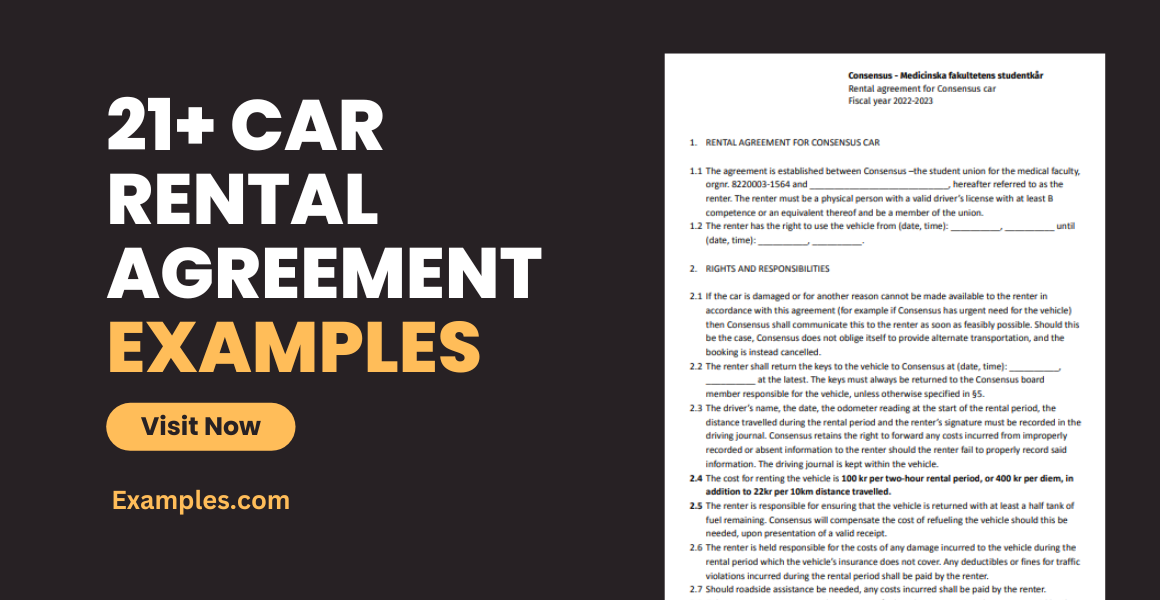

Certainly! Here’s the article:
Unveiling the World of Car Rentals with Debit Cards
Understanding the Basics
Renting a car with a debit card offers convenience and flexibility for travelers who may not have access to a credit card. While not all rental companies accept debit cards, many do, making it possible for individuals without credit cards to enjoy the benefits of renting a car for travel or transportation needs.
Accepted Payment Method
Using a debit card for car rentals is a convenient option for individuals who prefer to avoid using credit or who may not qualify for a credit card. Debit cards are widely accepted by rental companies, allowing renters to secure a rental vehicle without the need for a credit card. However, it’s essential for renters to check with their chosen rental company to ensure that debit cards are accepted and to familiarize themselves with any associated requirements or restrictions.
Debit Card Holds
Similar to credit card holds, rental companies may place a hold on a renter’s debit card at the time of pickup to secure the rental. This hold temporarily freezes a portion of the funds in the renter’s bank account, ensuring that funds are available to cover the cost of the rental and any potential damages or losses. Once the rental period is complete and the vehicle is returned without incident, the hold is released, and the funds become available again.
Insurance Coverage
While credit cards often provide additional insurance coverage for rental vehicles, debit cards typically do not offer the same level of protection. Renters who choose to use a debit card for car rentals may need to purchase additional insurance coverage through the rental company to ensure adequate protection in the event of accidents, theft, or damage. It’s essential for renters to review their insurance options carefully and consider their individual needs before making a decision.
Age and Credit Score Requirements
Some rental companies impose age and credit score requirements for renters using debit cards for car rentals. These requirements may vary depending on the rental company and location, with some companies requiring renters to be at least 25 years old or to have a minimum credit score to qualify. Renters should check with their chosen rental company to ensure they meet any age or credit score requirements before booking a rental.
Managing Funds
Renting a car with a debit card requires renters to have sufficient funds available in their bank account to cover the rental cost and any associated fees or charges. Renters should budget accordingly and ensure that they have enough funds available to cover the hold placed on their debit card by the rental company. Failure to have sufficient funds available may result in the rental being denied or additional fees being incurred.
Additional Fees and Restrictions
Some rental companies may impose additional fees or restrictions for renters using debit cards for car rentals. These may include higher security deposits, mileage restrictions, or limitations on the types of vehicles available for rent. Renters should familiarize themselves with any additional fees or restrictions associated with using a debit card for car rentals and plan accordingly to avoid any surprises.
Preparing for Your Rental
Before booking a car rental with a debit card, renters should take the time to research their options and familiarize themselves with the policies and requirements of their chosen rental company. This includes understanding any age or credit score requirements, reviewing insurance options, and budgeting for any additional fees or charges. By being prepared and informed, renters can enjoy a smooth and hassle-free rental experience with their debit card.
Enjoying the Convenience
While renting a car with a debit card may come with some additional requirements and considerations, it offers a convenient and accessible option for travelers who may not have access to a credit card. By understanding the basics of renting a car with a debit card and being prepared for the rental process, travelers can enjoy the freedom and flexibility of exploring new destinations without the need for a credit card.


Absolutely, here’s the article:
Unraveling the Mystery of Car Rental Mileage Limits
Understanding the Basics
Car rental mileage limits are a fundamental aspect of the rental process, dictating how far renters can drive the vehicle during the rental period. These limits vary depending on the rental company, the type of rental agreement, and other factors, and understanding them is essential for planning a successful rental experience.
Determining Factors
Several factors influence car rental mileage limits, including the rental company’s policies, the type of rental agreement, and the duration of the rental period. While some rental agreements come with unlimited mileage, allowing renters to drive as far as they’d like, others impose restrictions on the number of miles allowed per day or per rental period.
Types of Rental Agreements
There are typically two types of rental agreements concerning mileage limits: unlimited mileage and limited mileage. With unlimited mileage agreements, renters have the freedom to drive the rental vehicle without restrictions on the distance traveled. On the other hand, limited mileage agreements impose caps on the number of miles allowed, with additional fees charged for exceeding the limit.
Understanding Fees and Charges
For renters with limited mileage agreements, exceeding the prescribed mileage limit can result in additional fees and charges. These fees vary depending on the rental company and may be charged on a per-mile basis or as a flat fee for exceeding the limit. Renters should familiarize themselves with the rental company’s mileage fee structure and budget accordingly to avoid unexpected charges.
Planning Ahead
Before booking a rental car, it’s essential for renters to consider their anticipated mileage needs and choose a rental agreement that best aligns with their travel plans. For travelers embarking on long-distance road trips or extended vacations, opting for an unlimited mileage agreement may offer greater flexibility and peace of mind. Conversely, for shorter trips or city-based travel, a limited mileage agreement may suffice.
Reading the Fine Print
When renting a car, it’s crucial for renters to carefully read and understand the terms and conditions of the rental agreement, particularly regarding mileage limits and fees. The rental agreement should clearly outline the mileage limits, any associated fees for exceeding the limit, and any other relevant information pertaining to mileage restrictions. Renters should ask questions and seek clarification from the rental company if anything is unclear.
Maximizing Value
For renters with limited mileage agreements, maximizing the value of their rental involves strategic planning and mindful driving. This may include optimizing driving routes to minimize mileage, consolidating errands and activities to reduce unnecessary driving, and utilizing alternative transportation methods when feasible. By being mindful of mileage limits, renters can avoid excess fees and make the most of their rental experience.
Exploring Alternatives
In some cases, renters may have the option to purchase additional mileage or upgrade to an unlimited mileage agreement for an additional fee. While this may increase the overall cost of the rental, it can provide peace of mind for travelers who anticipate exceeding the mileage limit. Renters should inquire about mileage upgrade options with the rental company and consider whether it aligns with their budget and travel plans.
Remaining Flexible
Ultimately, car rental mileage limits are a practical consideration for renters, but they shouldn’t overshadow the overall rental experience. By remaining flexible and adaptable, renters can navigate mileage limits with ease and focus on enjoying their journey. Whether exploring scenic landscapes, visiting iconic landmarks, or simply cruising down open roads, the adventure awaits, regardless of mileage constraints.
Planning for a Smooth Journey
When it comes to car rental mileage limits, knowledge is power. By understanding the basics, considering their needs, and planning accordingly, renters can embark on a smooth and enjoyable journey with confidence. Whether opting for unlimited mileage or navigating limited mileage agreements, the key is to plan ahead, read the fine print, and make informed decisions that align with their travel goals and preferences.
Categories
Recent Posts
- The Role of Tradition in German Royal Engagement Ring Design
- Battle of the Additives: Comparing B12 Chemtool and Seafoam for Engine Care
- The Ultimate Guide to Auto Repair: Everything You Need to Know
- Virtual Assistant Medical Billing: A Modern Approach to Healthcare Finances
- The Journey Through ABA Therapy in Baltimore: What to Know
- Total visitors : 8,354
- Total page views: 13,590
Archives
- November 2024
- October 2024
- September 2024
- August 2024
- July 2024
- June 2024
- May 2024
- April 2024
- February 2024
- January 2024
- August 2023
- July 2023
- June 2023
- May 2023
- April 2023
- March 2023
- February 2023
- January 2023
- December 2022
- November 2022
- October 2022
- September 2022
- August 2022
- July 2022
- June 2022
- May 2022
- April 2022
- March 2022
- February 2022
- January 2022
- December 2021
- November 2021
- October 2021
- September 2021
- August 2021
- July 2021
- June 2021
- May 2021
- April 2021
- March 2021
- February 2021
- January 2021
- December 2020
- November 2020
- October 2020
- September 2020
- August 2020
- July 2019
- June 2019
- May 2019
- April 2019
- March 2019
- February 2019
- January 2019
- December 2018
- November 2018
- October 2018
- September 2018
- August 2018
- July 2018
- June 2018
- May 2018
- April 2018
- March 2018
- February 2018
- January 2018
- December 2017
- November 2017
- October 2017
- September 2017
- August 2017
- July 2017
- June 2017
- May 2017
- April 2017
- March 2017
